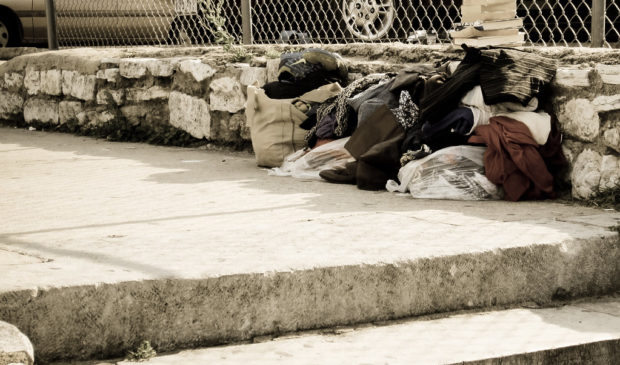About the Author
Chad Swiatecki is a 20-year journalist who relocated to Austin from his home state of Michigan in 2008. He most enjoys covering the intersection of arts, business and local/state politics. He has written for Rolling Stone, Spin, New York Daily News, Texas Monthly, Austin American-Statesman and many other regional and national outlets.
Newsletter Signup
The Austin Monitor thanks its sponsors. Become one.
Most Popular Stories
- HUD cuts could endanger portion of more than $15M in federal housing funds
- Austin Transit Partnership presents pedestrian features, changes to stops in revised Project Connect plan
- Prompted by convention center controversy, Council seeks changes to public art program
- Amid ongoing measles concerns, Austin ISD’s vaccination rate is below target for its youngest students
- Following Trump’s lead, Abbott orders state workers to return to offices
-
Discover News By District

Expanded hotel use among city’s strategies for combating Covid-19 among homeless population
Tuesday, March 31, 2020 by Chad Swiatecki
Increased availability of public hygiene facilities, emergency food access, coordination with health care organizations and expanded use of local hotels for shelter are some of the steps the city has taken to assist the homeless community in the midst of the Covid-19 pandemic.
In a recent memo, assistant city managers Rodney Gonzales and Christopher Shorter detailed the various programs being carried out or in the planning stages that are intended to minimize the health impacts of the coronavirus on those experiencing homelessness.
For example, the city has finalized a lease agreement with the Crowne Plaza Austin to use its 292 hotel rooms for quarantine and isolation purposes, with coordination being handled by the Emergency Operations Center. The memo also says April 17 is the expected closing date for the city’s acquisition of the Rodeway Inn, with four weeks needed to make improvements before its 87 rooms are available for shelter or other uses related to slowing the spread of Covid-19.
The Parks and Recreation Department is keeping restrooms and public showers on city trails open until further notice and has five public showers open from 10 a.m. to 3 p.m. daily at the Gus Garcia Recreation Center, Austin Recreation Center, Barton Springs Pool, Bartholomew Pool, and Springwoods Pool. Two public restrooms remain open 24 hours a day at Fourth and Trinity streets and Sixth and Brazos streets, with business hours access to the restrooms at the Terrazas Branch Library and Walnut Creek Branch Library.
The city’s Homelessness Task Force is working with organizations trying to increase food delivery to the homeless, with a goal of opening multiple sites across the city able to provide up to 200 meals a day. Some of those needs will be met through partnerships with local restaurants that are being created by the city’s Office of Sustainability, with City Council expected to sign off on those agreements by April 7.
On Monday, the city’s downtown Sobering Center, which has seen less than two dozen visitors since the city ordered bars and restaurants closed on March 17, was made available for homelessness service organizations to treat anyone who may need quarantining from Covid-19 due to underlying health factors. That change of use goes into effect April 1 and will stay in effect until bars and restaurants return to normal operations.
Council Member Kathie Tovo praised the work of city staff working to reduce the impact of Covid-19, including measures taken recently to treat a client of the downtown Salvation Army shelter who tested positive for the virus as well as quarantining people with known contact with that person.
Tovo said she and other Council members remain committed to meeting the public health demands related to the spread of the disease, while noting that some nonprofit groups are starting to feel the strain on their volunteer and financial resources.
“At a time where we have demands for resources increasing, some organizations are experiencing a decline in volunteers, or they can’t have volunteers right now, and are seeing a decline in donations. We need to highlight that, so that people who are in a position to fill those gaps financially can be encouraged to do so.”
The Austin Monitor’s work is made possible by donations from the community. Though our reporting covers donors from time to time, we are careful to keep business and editorial efforts separate while maintaining transparency. A complete list of donors is available here, and our code of ethics is explained here.
You're a community leader
And we’re honored you look to us for serious, in-depth news. You know a strong community needs local and dedicated watchdog reporting. We’re here for you and that won’t change. Now will you take the powerful next step and support our nonprofit news organization?



